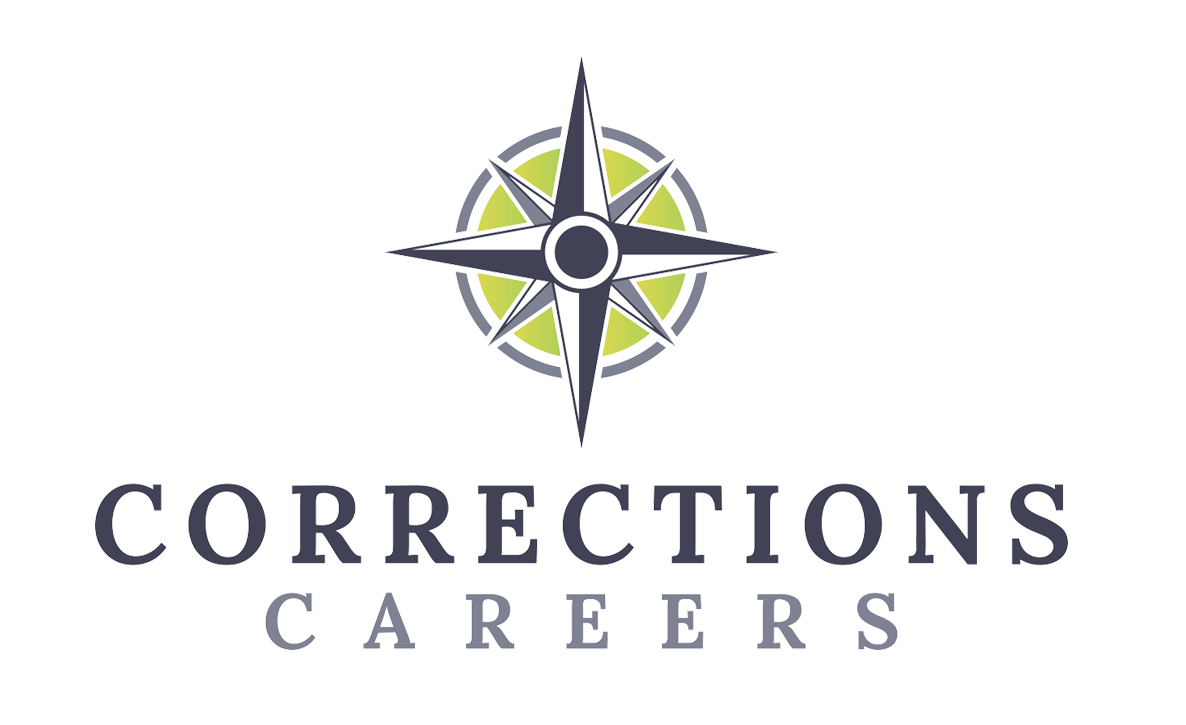Corrections Careers Guidance Portal
European Career Counselling Guidelines for Staff Working in Correctional Justice System
IINVITATION TO THE “CORRECTIONS CAREERS GUIDANCE PORTAL” COURSE
The “Corrections Careers Guidance Portal” is a free online learning course. The objective of the course is to instruct to rise to the challenge of a unique career that turns lives around. This course is centered around a comprehensive profile of competencies, encompassing a diverse range of skills, behaviours, and attitudes required to excel in career management. It provides an interactive tool for users to navigate this profile, allowing for self-assessment and development of a personalised learning pathway to enhance their competencies.
Through this course, users will have the opportunity to gain a deeper understanding of the competencies required for career management and explore ways to strengthen these skills through personalised learning solutions. The course acts as a supportive and dynamic platform that enables users to take control of their career development journey and achieve their professional goals.
This course was designed within the framework of the CCJ4C (European Career Counselling Guidelines for Staff Working in Correctional Justice System) project.
The CCJ4C Project, funded by European Commission, as a KA3 Erasmus+ action, is a partnership of nine countries, which integrates prison administrations, trade unions, VET, NGOs and research organisations, and representatives of correctional private and public sector members. The project was developed considering that prison systems are no longer static hierarchical organisations but are dynamic institutions, subject to continuous change and development. If the staff at all levels can be encouraged to recognise this fact, they can be given the opportunity to direct and drive change rather than merely respond when things go wrong.
The CCJ4C is committed to contributing to the career guidance process in the Criminal Justice System, through the development, testing, and application of a work methodology, with special emphasis on competencies needed for managing one’s own career.
Whom is it aimed at?
This course is aimed at correctional staff, prison administrations, prison HR staff, managers and executional level responsible for induction or career progression.
Download Initial Learners Guide .pdf fileWhere is the course held?
Online. This learning course can be accessed here
Learning Map: Modules and Units
Module I. Assertive communication
- What is assertive communication
- How can you be assertive?
- Assertive communication techniques.
Module II. Deconstruct the gender stereotypes
- Gender stereotype: some basics to start.
- Inside women perspective.
- Which are the limits that female officers experience in the penitentiary system?
- Gender mainstreaming strategy.
Module III. Digital skills for correctional staff
- Reasons of using digital technology and Types of digital means used in prison services
- COVID challenges – versus digital world in prison settings
- Digital technologies in the penitentiary system – their use and benefits for detainees and prison staff
Module IV. Mental Health Survival Kit
-
Mental Health in Prison Staff
1. Mental Health Awareness
2. Anxiety
3. Post-Traumatic Stress Disorder (PTSD)
4. Managing anger & Resolving Conflicts
5. Strategies to balance work challenges with family and personal time
6. Alcohol and drugs related to work pressure – A miracle worker?
7. Referral practices and resources
8. Developing an Action Plan -
Mental Health of Prisoners
1. Duty of care: Recognising common mental illnesses in prisons
2. Recognising factors in prisons which exacerbate – or cause – mental health issues
3. Developing a ‘whole-prison’ response to mental health awareness
4. Prisoners’ perceptions of mental health support in prison
5. Families and partners of prisoners
6. Mental wellbeing, preparation for release and through-the-gate mental health care
7. Mental Health Awareness Champions: managing change in your prison
8. Further resources for mental health capacity building
Module V. Organized crime and gangs
- Introduction to organized crime
- Smuggling of migrants
- Drug trafficking
- Firearms trafficking
- Human trafficking
- Environmental crime
- Counterfeit products
- Maritime piracy
- Cybercrime
- Women in organized crime
- Gangs – what are they?
- How does a person become a gang member?
- What functions can the gang members have?
Module VI. Self confidence
- Self-confidence and self-esteem
- The importance of confidence and self-esteem in our lives
- How to trust yourself
Module VII. Stress Management
- Definition of stress
- Fundamental types of stress and theories of stress
- Occupational stress
- Practices and exercises to reduce professional stress in prisons

